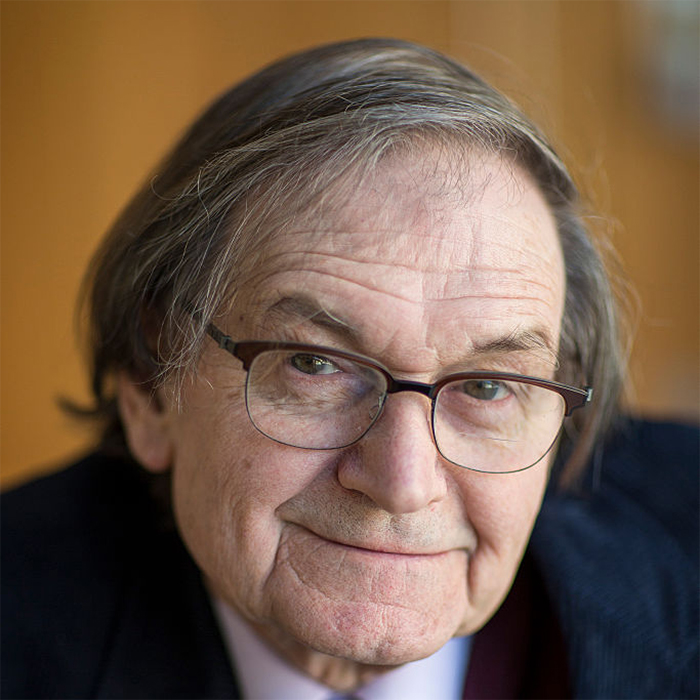Our conventional idea of the history of the Universe starts with the Big Bang, after which the Universe expands in an accelerating way, but could there have been a Universe before the Big Bang?
The second law of thermodynamics tells us, roughly speaking, that randomness is increasing all the time: something we call entropy.
If you go back in time this should mean that randomness decreases, so that in the very beginning you should find a highly organised state.
But what we find back at the beginning is the Big Bang, an explosion as chaotic as you can imagine.
Discover more about the Universe with our answers to some of the biggest questions in the Universe and the biggest mysteries in the Universe.
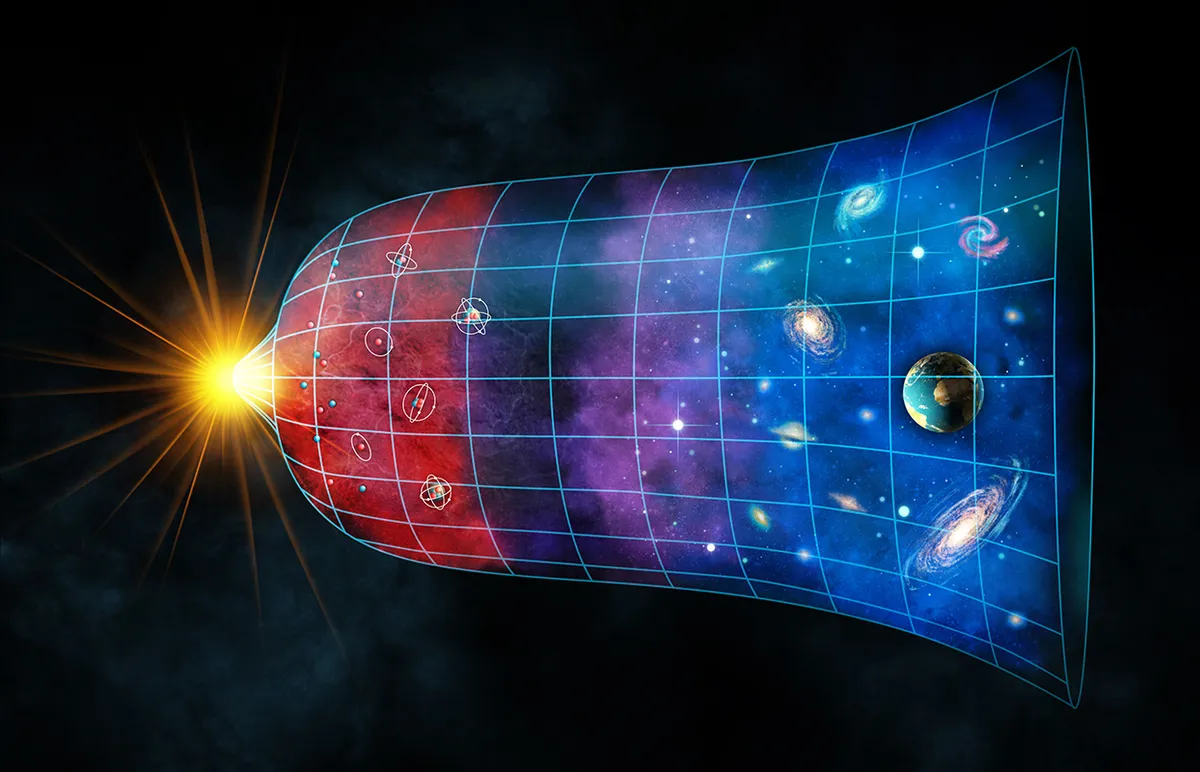
I used to hold the standard view that the Big Bang was a singularity, which means that the very question of anything happening before it is meaningless.
But evidence shows the Big Bang was not just a walloping explosion but a completely random walloping explosion.
This paradox is almost unaddressed by cosmologists. They all know of it but many don’t worry about it for some reason.
I always thought this was a great puzzle. Why do we see this apparently random initial state when we know it should be the most organised state we’ve seen in the Universe?
So, I thought, let’s suppose there was something before the Big Bang.
I’m suggesting that the Big Bang is the remote future of a previous aeon. This is real physics, not just hypothetical mathematics.
There was a Universe, or an aeon, let’s say, and a cycle of time with one aeon followed by the next aeon.
The remote future of each aeon is followed by the Big Bang of the next. It could be an infinite sequence of Big Bangs.
I’m not making any claims for that but the picture I have at the moment is that it is really an infinite sequence. So there simply is no beginning.
Parallel Universe?
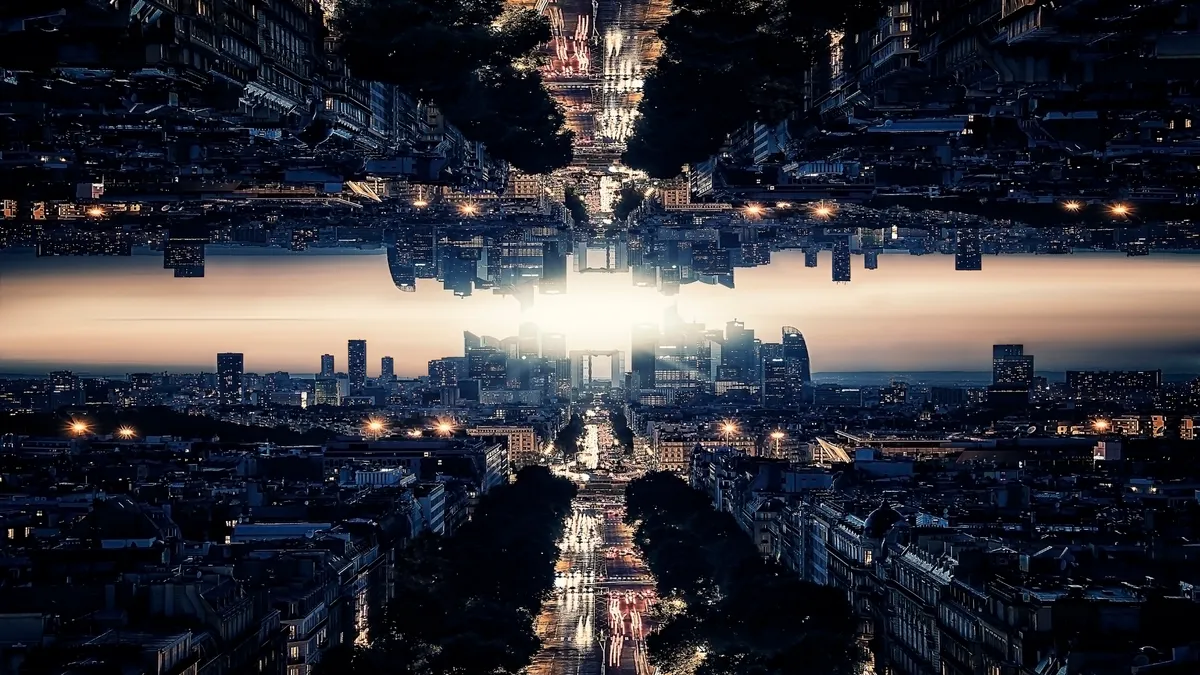
This theory is quite different to the idea of parallel Universes.
I’m not a fan of the multiverse model – however, the two ideas could exist together.
My model for a succession of Universes can be tested observationally.
Let’s suppose the previous aeon is like ours. You will have galaxies formed; clusters of galaxies in which are found large black holes.
The galaxy clusters will hang together, even though the Universe expands.
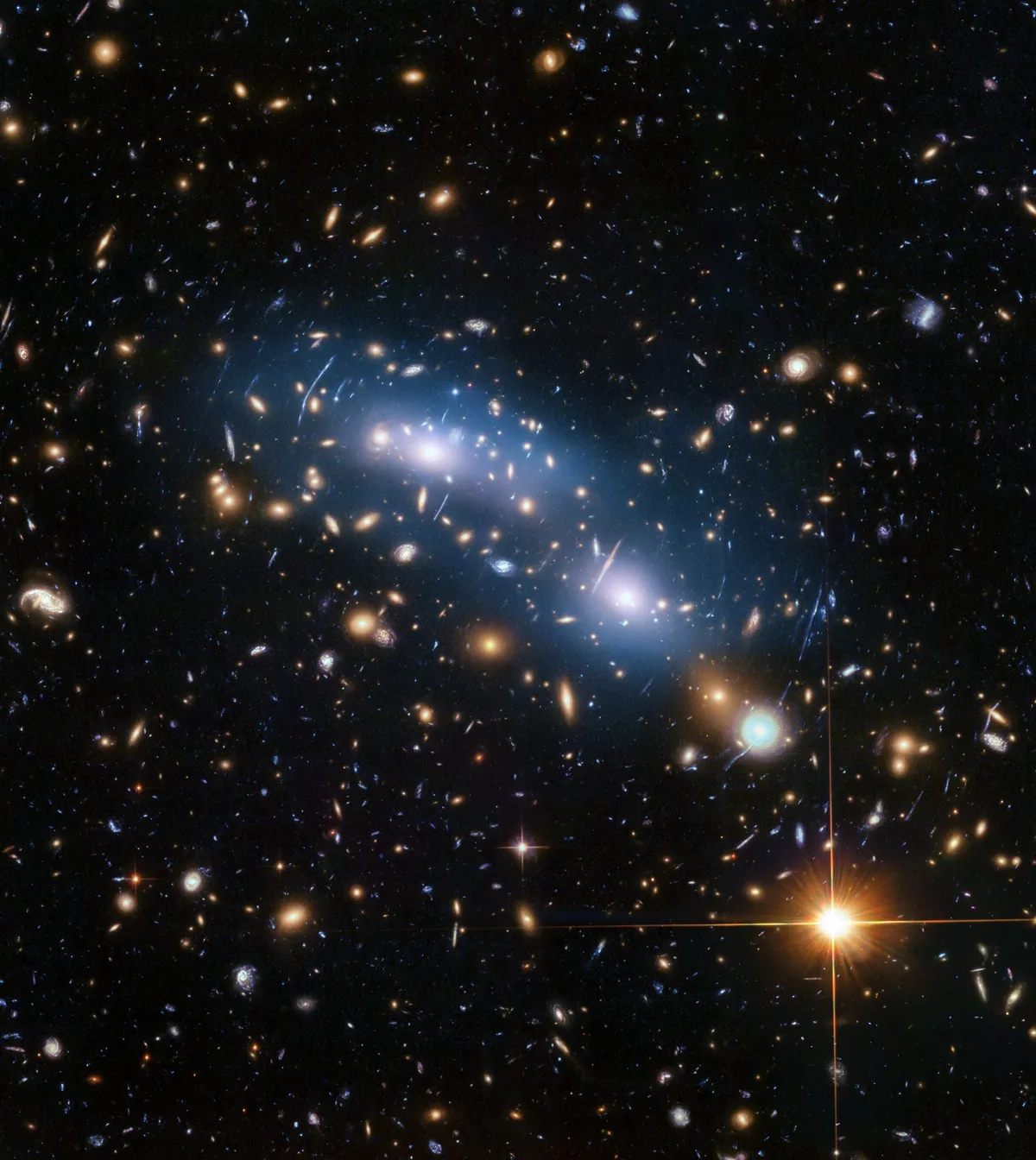
Individual galaxies will collide and their black holes will swallow each other up until we are left with one big black hole that will sit there for an awful long time, slowly evaporating. Think in terms of 10 to the power of 100 years, or a ‘googol’.
But each time those black holes collide and swallow each other up there is a huge burst of gravitational waves, the ripples in space-time that are the gravitational analogue of light.
The huge encounters between these enormous black holes in galactic centres will produce waves which, if they are in the previous aeon, will influence our aeon.
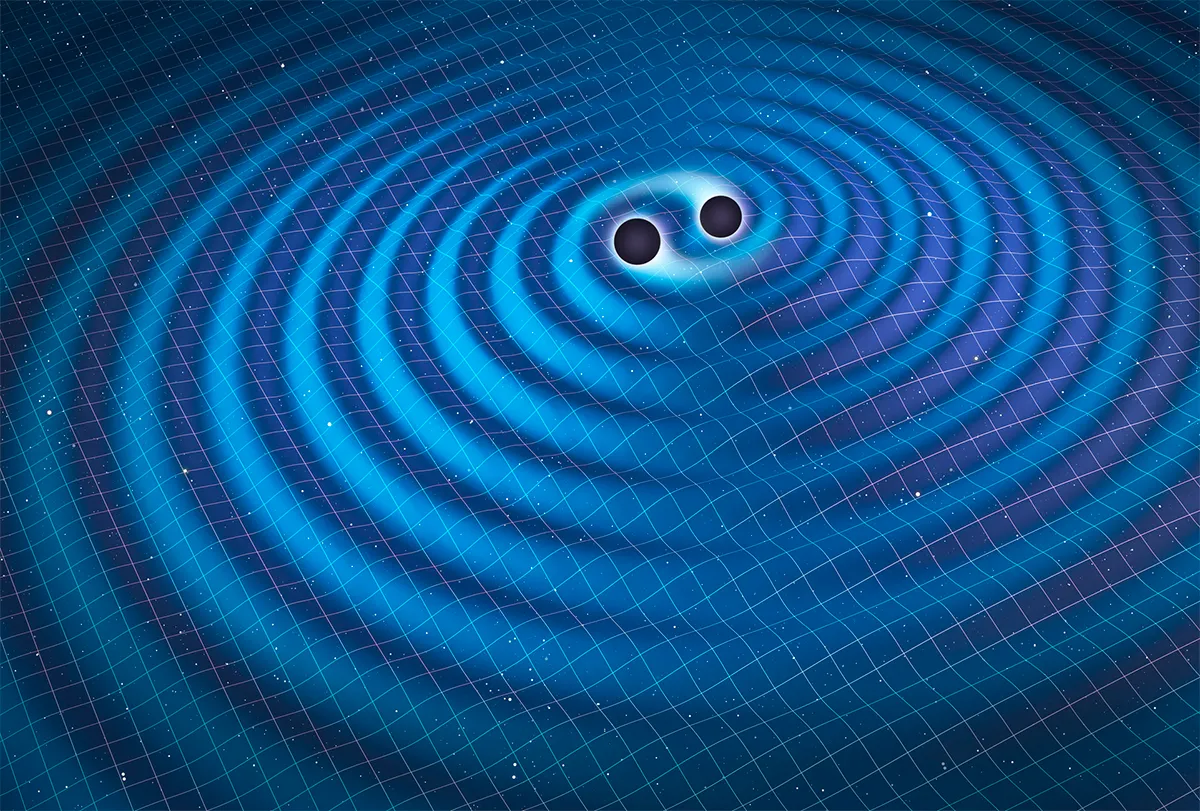
We will, in principle, be able to see these events as slightly warmer or cooler irregularities in the cosmic microwave background.
I want to encourage professional astronomers to look for them!
I talk to other cosmologists about my theory and they nod their heads and say it sounds interesting.
I can’t see any theoretical reason against it, apart from the fact that it is a crazy idea. But maybe a crazy idea is what we need!
This article originally appeared in the December 2010 issue of BBC Sky at Night Magazine.
